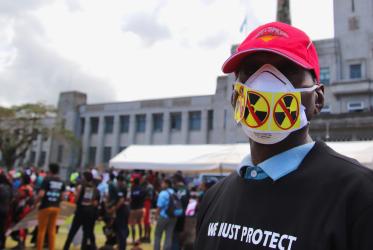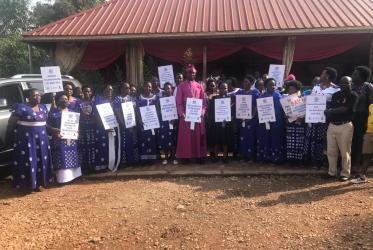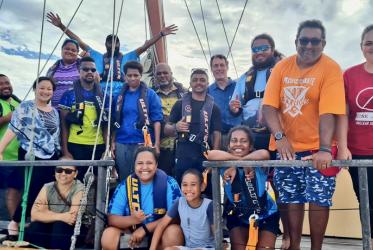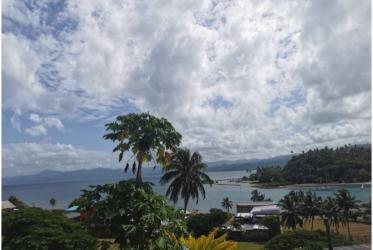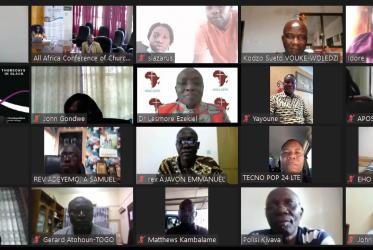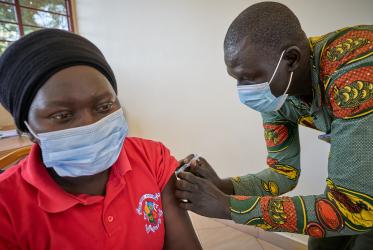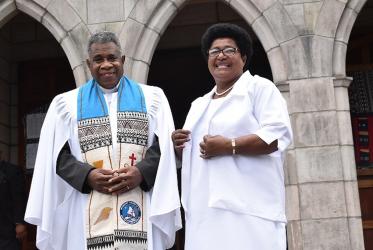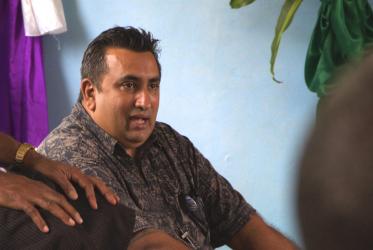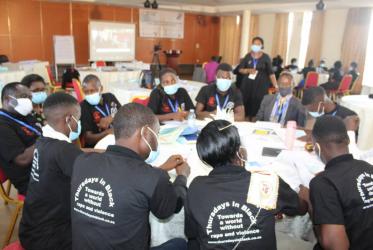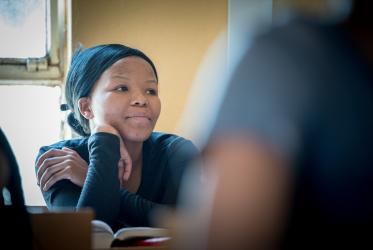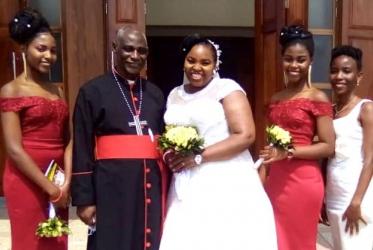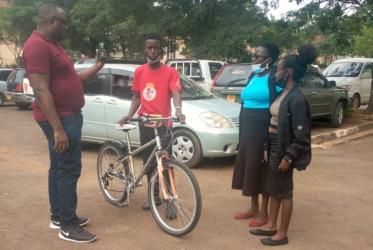Displaying 1 - 20 of 70
29 August 2023
WCC condemns Uganda school attack
19 June 2023
WCC condemns bombings in Uganda, calls for justice
18 November 2021
Pacific Theological College publishes “A COVID-19 Wellbeing Statement”
03 September 2021
African Churches mark International Women’s Day
09 March 2021
Webinar brings Pacific voices for a new creation
10 February 2021
Applications open for WCC Eco-School
22 October 2020
In Uganda, resilience and hope overshadow stigma
31 July 2020
